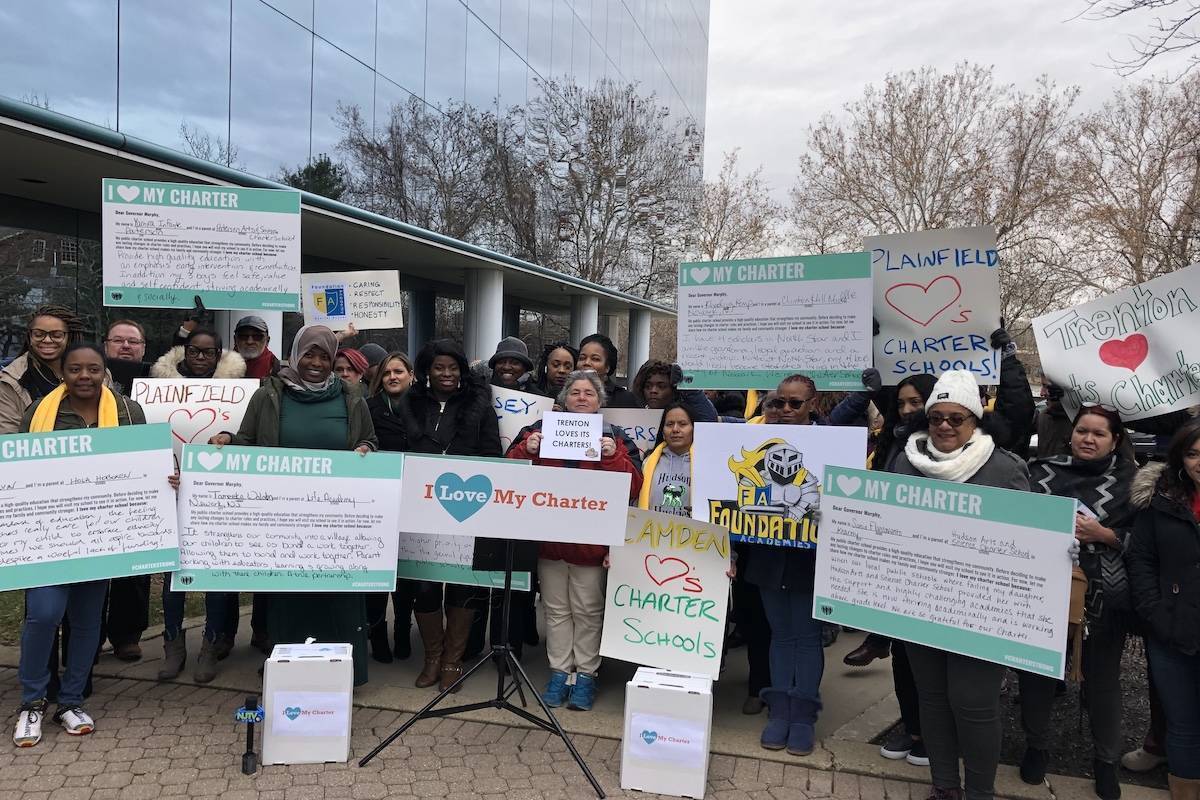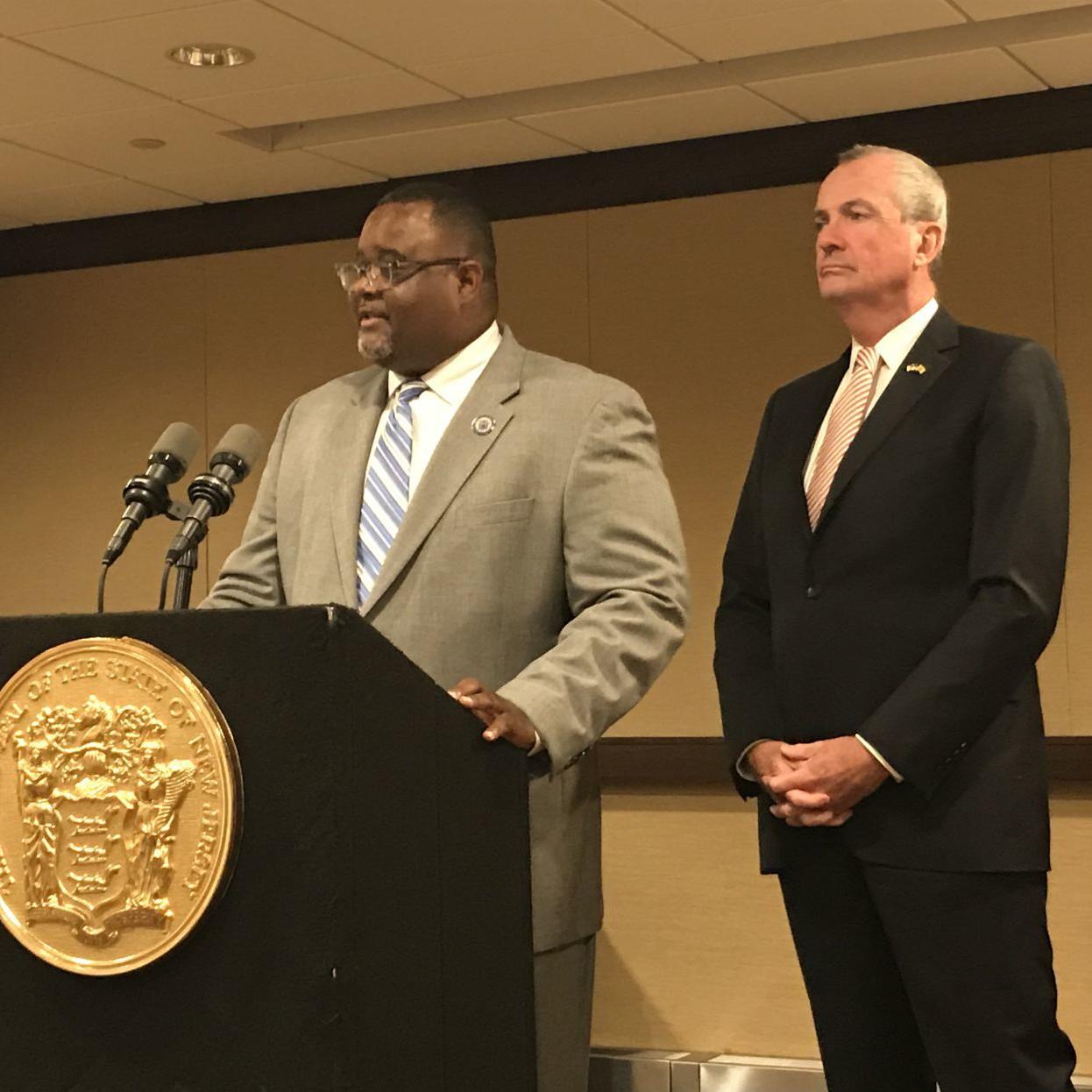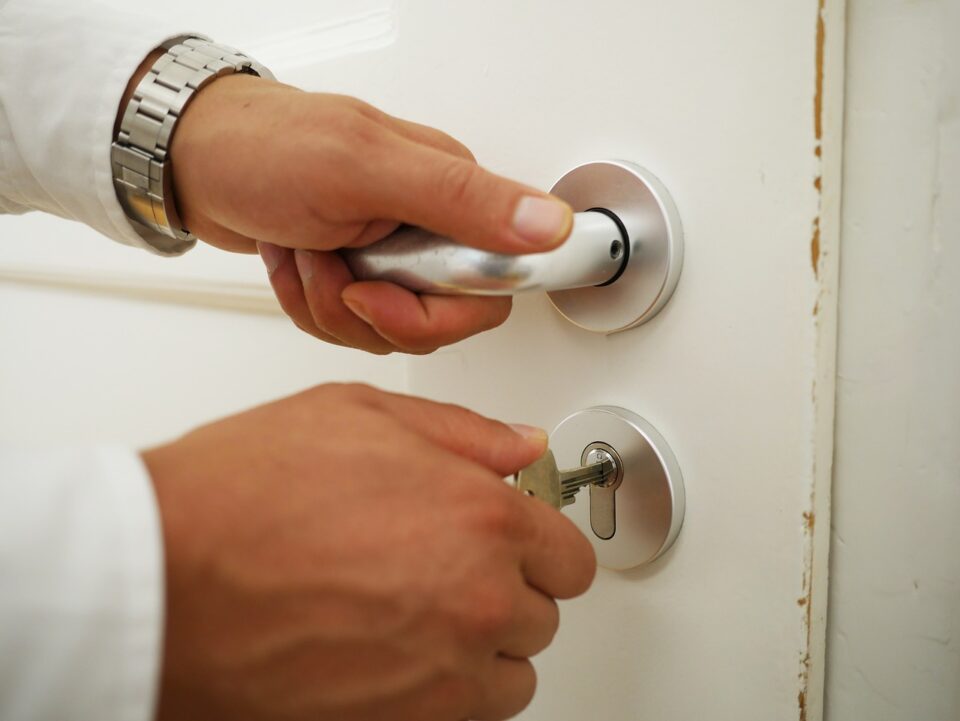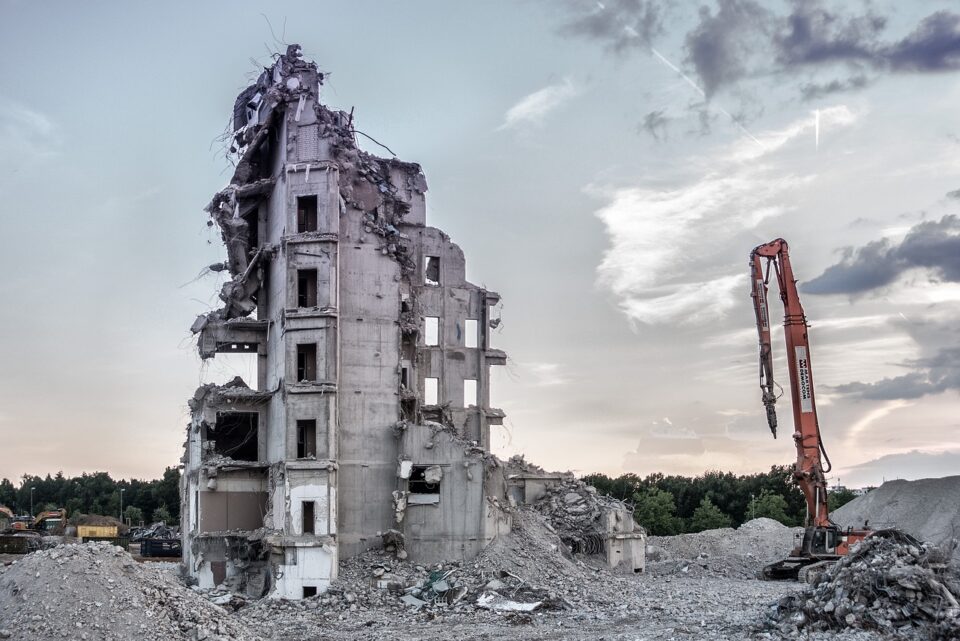
The Hidden Agenda Behind The Segregation Lawsuit (Plus a Personal Disclosure)
January 13, 2020
Murphy and Repollet Want to Unlock Career Doors for NJ Students But They’re Getting Two Things Wrong.
January 16, 2020New Report Dispels Myths and Proves That Attending Newark Charter Schools Is Good for Children
Today the Manhattan Institute published a data analysis by senior fellow Marcus Winters called “Charter Schools in Newark: The Effect on Student Test Scores.” Unsurprisingly– a number of other reports have confirmed this (see here, here, here, here) — Newark charter school students outperform traditional school district students when assessed for proficiency in reading and math. What makes Winters’ analysis different is that he is able to control for a number of issues that often draw flack from those who view charters with suspicion and claim that charters reap better results than traditional schools by “counseling out” low-performing students and “cherry-picking” high-achieving students with motivated parents. His randomized samples render these accusations moot and show that, as he writes, “attending a Newark charter school leads to large improvements in math and reading scores.”
I’m not a statistician so I’ll do my best to translate his findings and their implications for what happens when, like in Newark, public charter schools scale up in response to parent demand. Do all types of charters do equally well? Or are there differences between those run by Charter Management Operators (CMO’s) and what are sometimes called “mom and pop” charter schools, single schools that operate independently of larger organizations?
First, the type of analysis done by Winters can only be executed in cities with universal enrollment systems, like Newark, Camden, and Denver where the charter sector educates significant proportions of students. (In Newark, about 35% of students attend charters and enrollment is projected to hit 44% by 2022, barring idiocy from the DOE.) Also, you need a reliable and preferably centralized source for the data. Winters got his longitudinal data on test scores and demographics from the NJ Department of Education and the rest from the district’s universal enrollment system called Newark Enrolls. He writes,
Few studies have evaluated a broad set of charter schools operating within a locality where charters enroll a substantial share of public school students. Addressing this limitation in existing research is important because charter schools may not scale well. For instance, large charter sectors might dig deeper into the local market for teachers and school leaders, necessitate a larger bureaucracy, or lead to changes in the characteristics of students who enroll in charters.
So, what happens when charters educate higher proportions of students? Can they really scale up or is there a tipping point when student achievement starts to sag? “If charters are to revitalize public education in the way that many of their advocates envision,” Winters notes, with a nod to the 2010 Facebook grant from Mark Zuckerberg and Priscilla Chan, “they must maintain effectiveness as the sector grows within a locality.”
In Newark, he concludes, enrolling in a charter school through Newark Enrolls “leads to large improvements in a student’s math and English Language Arts test scores,” duplicating results he found in Boston and Denver. He also found that, based on his samples, the benefits of charter school enrollment don’t vary meaningfully depending on a student’s race, gender, or qualification for free lunch. In fact, he’s able to produce “plausibly causal estimates” that “attending a Newark charter school has a larger effect than 80% of other educational interventions that have been recently studied using an experimental design.”
And — this is important —“because the analysis is based on the later-year test scores of all students who enroll in a charter school in a given year—regardless of whether they remain enrolled—the effect on test scores cannot result from charters removing low-performing students, as they are often accused of doing.”
Winters qualifies his conclusions about charter schools run by small operators. These, he says, produce smaller, even statistically insignificant, improvements in student achievement. It’s the CMO’s — in Newark, that’s KIPP and Uncommon — that “provide the largest benefits to students.” He reached the same conclusion in Denver and Newark.
And here’s my one quibble with the report. Winters says that KIPP and Uncommon produce such remarkable results because they apply “the No Excuses educational approach.” But, as someone who spends a fair amount of time talking to Newark parents, I know KIPP and Uncommon are not “No Excuses” schools, with what that phrase typically represents to people: Drill and kill; rigid rules about behavior; harsh disciplinary practices; “counseling out” low-performing students.
For example, KIPP NJ has an internal document called “Heartbeat” that articulates the guiding principles of its teachers and staff. From the document:
“We view the term “No Excuses” as a rallying cry for our adults, not an admonition for our kids. We focus on results and hold ourselves accountable to them. We don’t let obstacles become excuses for adults to fail our kids. We know that many of our kids face numerous hurdles and barriers to success, and that we have to help them navigate with courage and compassion.”
In other words, kids get to have excuses. Adults don’t.
For those who follow the travails of the charter sector in New Jersey, currently under assault by Gov. Phil Murphy/NJEA/Education Commissioner Lamont Repollet under the guise of a never-ending “charter school act review,” Winters’ conclusions should make you mad. Charter schools change lives for students in long-struggling districts. If those in charge really cared about what’s best for children they’d celebrating them, not diminishing their capacity and reach.
Or, as Kyle Rosenkrans of the New Jersey Children’s Foundation tweeted this morning,





2 Comments
[…] because Gov. Murphy — and, by extension, Comm. Repollet — are beholden to NJEA. A report issued yesterday found that “attending a Newark charter school has a larger effect than 80% of other educational […]
[…] to the DOE was bigger than the closing of four schools. It was a deliberate obstruction of the largest factor in Newark’s educational renaissance and a deliberate silencing of Newark voices. After all, the majority of Newark parents see public […]